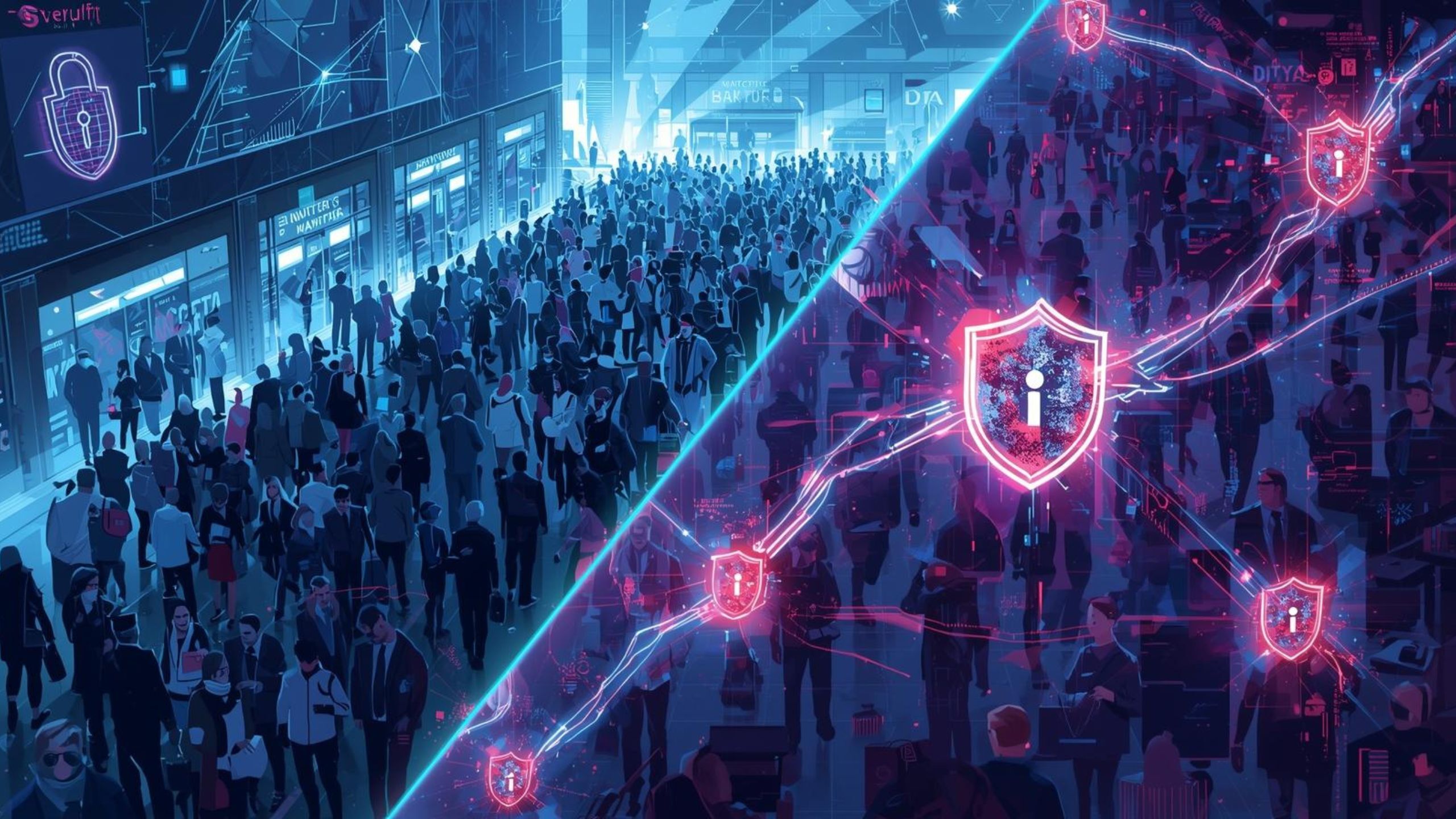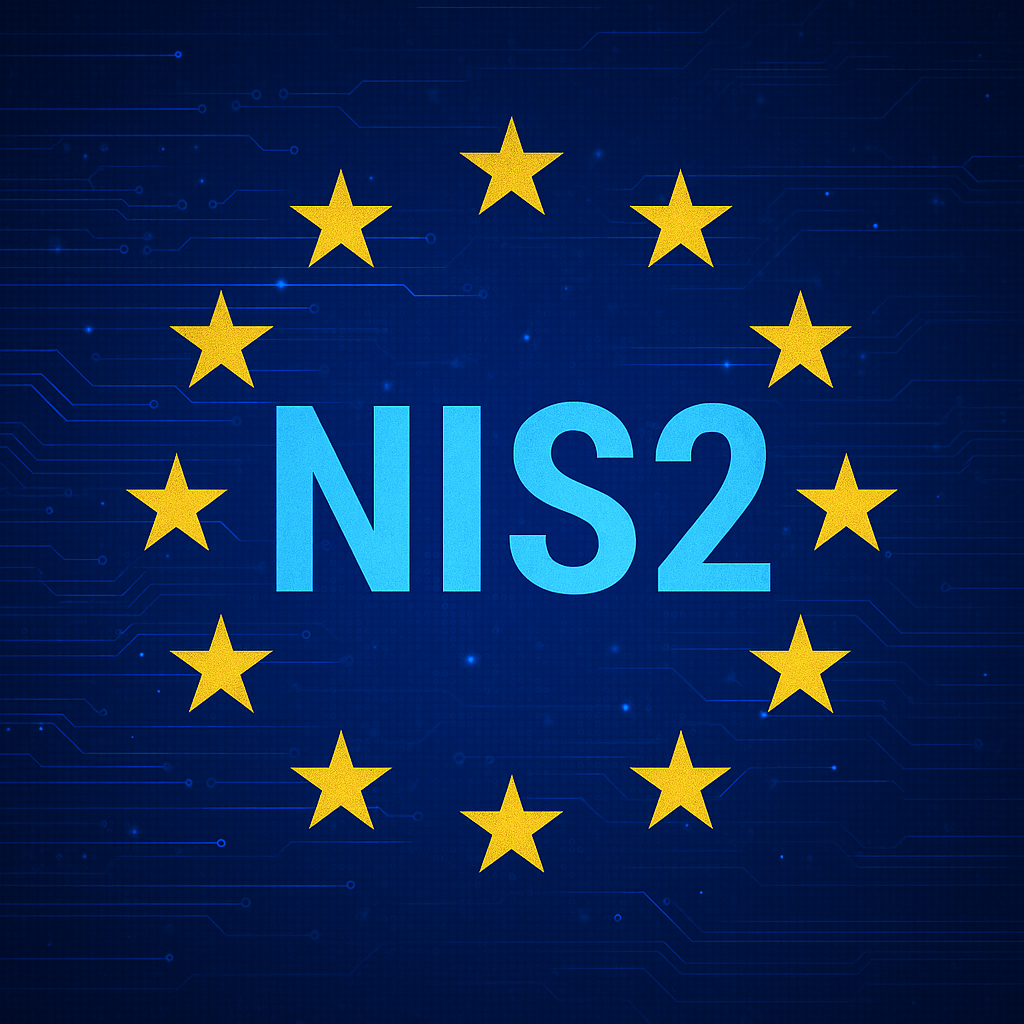That Black Friday bargain could be an AI-powered scam – and they’re harder to spot than ever
Black Friday has become one of the most crucial moments in the retail calendar. Online transactions surge dramatically, with sales volumes skyrocketing between Black Friday and Cyber Monday. For retailers, it’s the most lucrative time of the year but it’s also prime time for cybercriminals.















